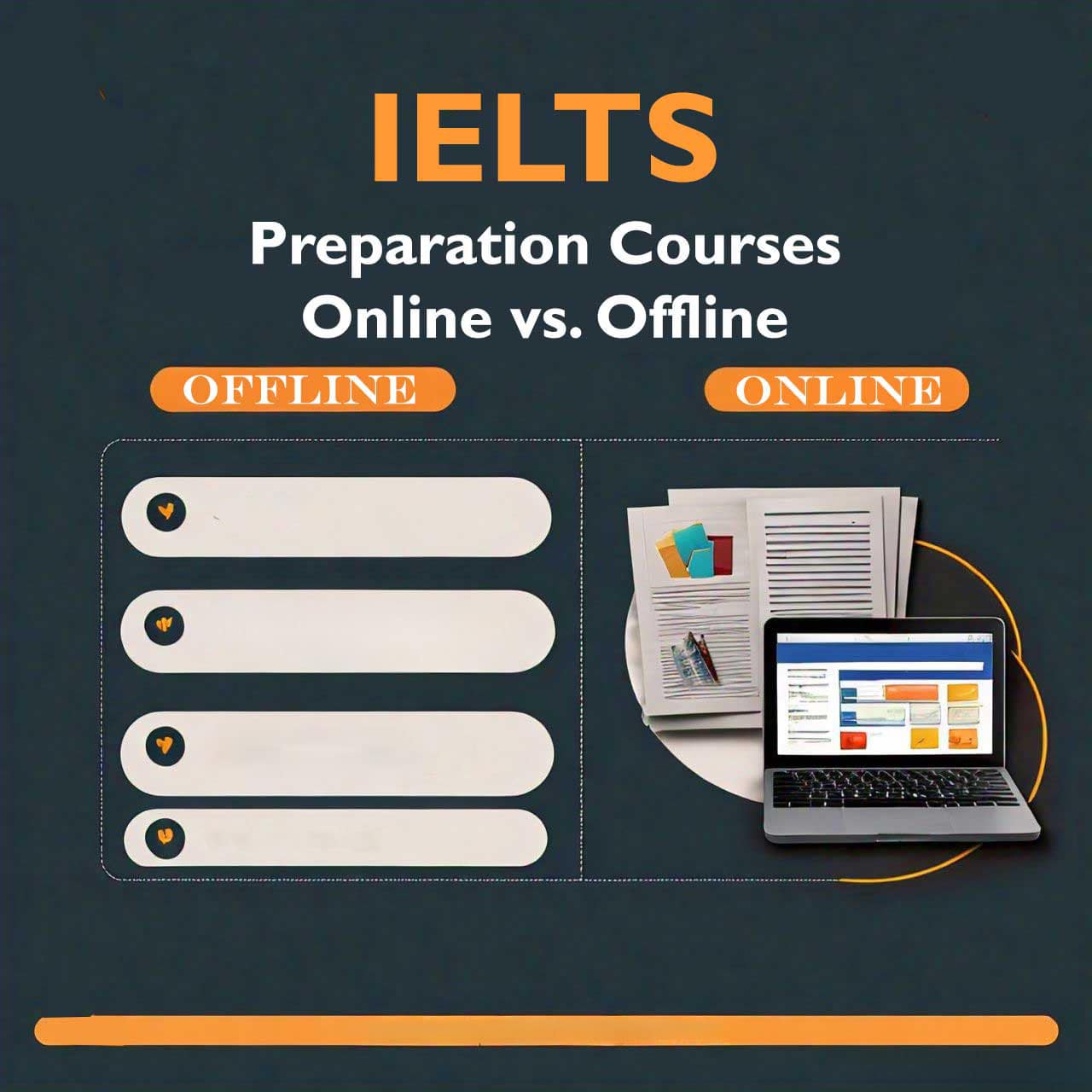The International English Language Testing System, commonly known as IELTS, is one of the most popular and widely recognized English proficiency tests in the world. But what is the purpose of the IELTS exam? Why is it such a critical component for millions of individuals seeking to study, work, or migrate to English-speaking countries? This blog post delves into the primary purposes of the IELTS exam and why it holds such significant value globally.
Table of Contents
A Gateway to Global Opportunities
The IELTS exam serves as a gateway for individuals aiming to unlock various opportunities in English-speaking countries. Its purposes can be broadly categorized into three main areas: education, employment, and immigration.
1. Academic Purposes
One of the primary reasons individuals take the IELTS exam is for educational purposes. Universities and colleges in English-speaking countries require prospective students to demonstrate their ability to understand and use English effectively in an academic setting. Here’s why:
– Admission Requirements: Many higher education institutions in countries like the UK, Australia, Canada, and New Zealand, as well as an increasing number in the USA, require IELTS scores as part of their admission criteria. A good IELTS score is often mandatory to gain entry into undergraduate and postgraduate programs.
– Scholarships and Funding: Competitive scholarships and funding opportunities often consider IELTS scores as a measure of an applicant’s English proficiency, ensuring they can engage with complex academic materials and participate fully in university life.
– Course Placement: IELTS scores can help in placing students in the appropriate level of language courses or preparatory programs, ensuring they receive the support they need to succeed academically.
2. Employment Opportunities
For professionals seeking to advance their careers or find new job opportunities in English-speaking environments, the IELTS exam is a valuable credential. Here’s how it serves employment purposes:
– Job Applications: Employers in many countries require proof of English language proficiency as part of the job application process. A good IELTS score can enhance a candidate’s employability, especially in multinational companies and industries where English is the primary mode of communication.
– Professional Registration: Certain professions, such as healthcare, engineering, and law, require registration with professional bodies that often mandate an IELTS score. For instance, healthcare professionals moving to the UK or Australia may need to provide IELTS scores to obtain licenses and practice legally.
– Career Advancement: Demonstrating strong English skills through a high IELTS score can open doors to promotions, international assignments, and roles that involve interacting with clients or colleagues globally.
3. Immigration and Visa Requirements
Governments in English-speaking countries use IELTS scores as part of their immigration and visa application processes to ensure that prospective immigrants can integrate effectively. Here’s why IELTS is essential for immigration:
– Visa Applications: Countries like Australia, Canada, New Zealand, and the UK require IELTS scores for various visa categories, including skilled worker visas, family visas, and business visas. The test ensures that applicants have the necessary language skills to live and work in these countries.
– Permanent Residency: IELTS scores are often a crucial component of points-based immigration systems, where higher language proficiency can contribute to an applicant’s overall score, improving their chances of obtaining permanent residency.
– Citizenship: For those seeking to become citizens, proving proficiency in English through an IELTS score is often a step in the naturalization process, ensuring that new citizens can participate fully in civic life.
Global Recognition and Reliability
The IELTS exam is recognized by over 10,000 organizations worldwide, including educational institutions, employers, immigration authorities, and professional bodies. This widespread acceptance underscores the reliability and validity of the test as a measure of English language proficiency. Its standardized format ensures that scores are consistent and fair, making it a trusted tool for assessing language skills.
Conclusion
The IELTS exam plays a pivotal role in opening doors to education, employment, and immigration opportunities in English-speaking countries. Its purpose extends beyond mere language assessment, acting as a bridge to global experiences and success. Whether you’re aiming to study at a top university, advance your career, or start a new life abroad, the IELTS exam is a key step on your journey. Understanding its purpose and the value it holds can help you approach the test with confidence and clarity, paving the way for a brighter future.



